
If you’ve been in a car crash in Louisiana, you may wonder: Can someone who caused the accident legally refuse to share their insurance information? The short answer is no. Louisiana law requires all drivers involved in certain accidents to give insurance details to the others. If the at‐fault driver won’t cooperate, there are steps you can take to protect yourself. Below we explain what the law says, what you should do, and why having a Louisiana car accident lawyer from LJBLegal matters.
What Does Louisiana Law Say About Sharing Insurance Info?
- Under Louisiana Revised Statutes Title 32, Section 398 (RS 32:398), if there is a crash that causes injury, death, or property damage over $500, drivers must immediately notify law enforcement and exchange certain information.
- That information includes: the drivers’ names and addresses; vehicle registration numbers; liability insurance carrier information; and, when requested, the license or permit to drive.
- Law enforcement has a duty to investigate those crashes, and officers must instruct all drivers involved to give the required insurance and related contact information.

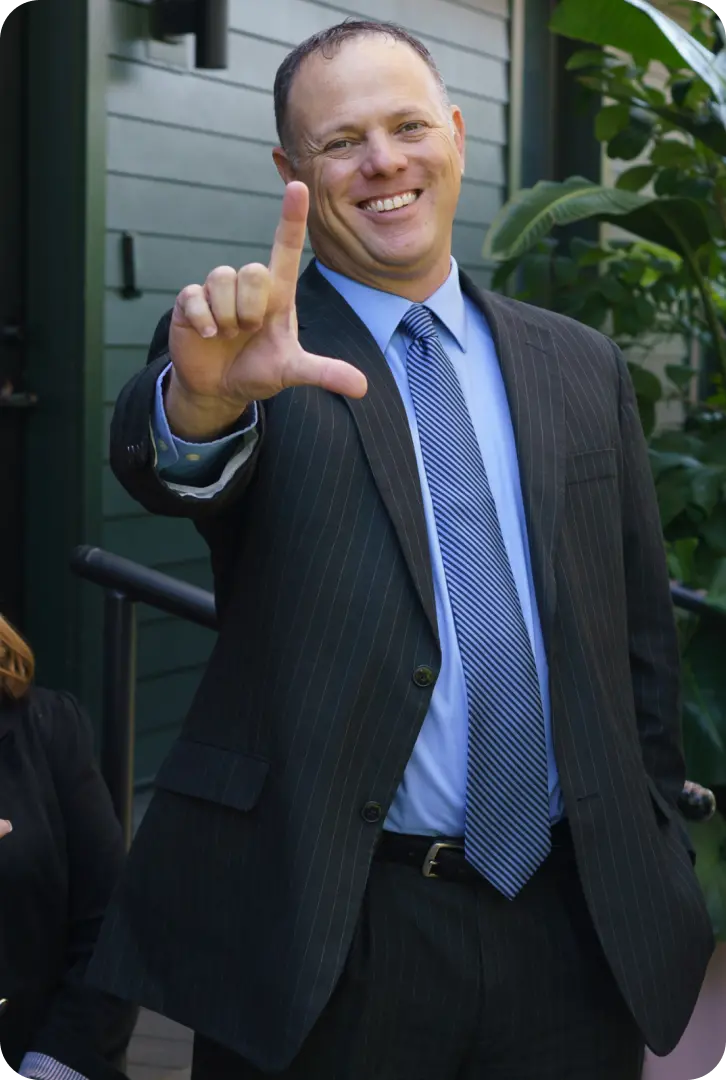
We GET IT DONE

Clients trust us to handle their case properly and effectively
FREE Confidential Case Review (985) 240-9773Can The At‑Fault Driver Legally Refuse To Share Insurance Information?
No. If the crash falls under the conditions in RS 32:398 (injury, death, or property damage over $500), the at‑fault driver cannot legally refuse to share their insurance information. Refusing is a violation of state law. If they don’t do it voluntarily, law enforcement and your own documentation become very important.

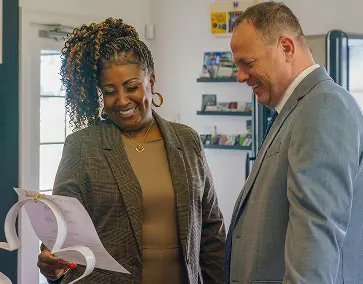
We DO THE RIGHT THING
The correct choice – always – is to do the right thing.
FREE Confidential Case Review (985) 240-9773What Should I Do If the Other Driver Refuses to Share Insurance Info?
Here are the steps to take to protect your rights and ensure you still have what you need to make an insurance claim or take legal action.
- Call the police immediately. The arrival of law enforcement creates an official record. It’s the report under RS 32:398 that triggers much of what’s required by the law.
- Document everything. Take photos of the scene, all vehicles, damage, injuries if visible, license plates, make/model/color of the other vehicle. Collect any witness contact information. Write down statements if possible. This helps support your claim.
- Obtain or check the crash report. If officers respond, they’ll produce a crash report. Officers will instruct involved drivers to provide insurance carrier information.
- Report to your insurance company. Even if the other driver is uncooperative or leaves the scene, let your own insurer know what happened. If you have uninsured/underinsured motorist coverage, it may help cover damages.
- Talk to a lawyer, such as the attorneys at LJBLegal. If the at‑fault driver still refuses, or if there are disputes about what took place or how much you should get, experienced legal representation can push the case forward. Having someone who knows Louisiana law and the claims process can make a real difference in what you recover and ensure you’re not underpaid.
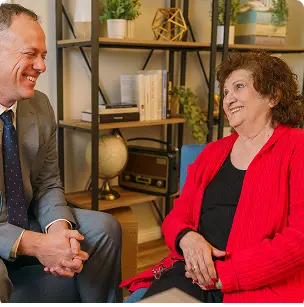

We ARE TRANSPARENT
We don’t play games and we don’t hide the ball.
FREE Confidential Case Review (985) 240-9773Why Is It Important To Have a Lawyer in These Situations?
Dealing with uncooperative drivers, insurance companies, and possibly court procedures is stressful. The attorneys at LJBLegal bring:
- Experience: We know how RS 32:398 and other relevant laws work in real crashes.
- Persistence: We don’t back down when insurance companies try to delay or deny valid claims.
- Compassion: We understand you’re dealing with bills, injuries, worry. Our goal is to help you feel heard and supported.
- Thoroughness: We gather all evidence, reports, witness statements, and doctor records. Everything needed to build a strong case.
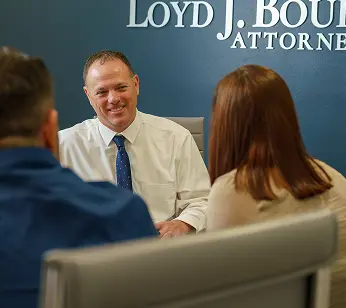
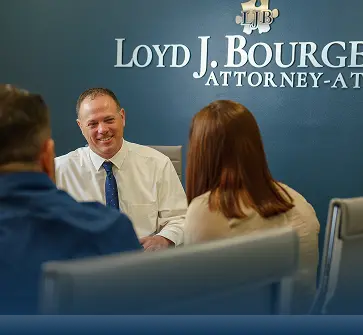
We ARE COMPASSIONATE
Emotionally intelligent listeners with positive attitudes.
FREE Confidential Case Review (985) 240-9773How Can I Protect My Rights After a Crash?
To sum up:
- Louisiana law requires drivers involved in certain crashes to share insurance information. Refusing is not allowed under RS 32:398.
- If the at‑fault driver refuses, call the police, document everything, make sure a crash report is filed, and notify your insurer.
- Your own insurance and possibly legal action may be needed if the other driver is uncooperative or uninsured.
- Having attorneys who understand Louisiana law, like the team at LJBLegal, helps ensure you stand a better chance of getting full compensation and not being taken advantage of.
If you believe another driver has refused to share required information, or you’re struggling to get what you’re owed, LJBLegal is here to help. We offer free consultations. Call us today at 985-240-9773 to talk through what happened, protect your rights, and begin moving forward with justice and fair compensation.















